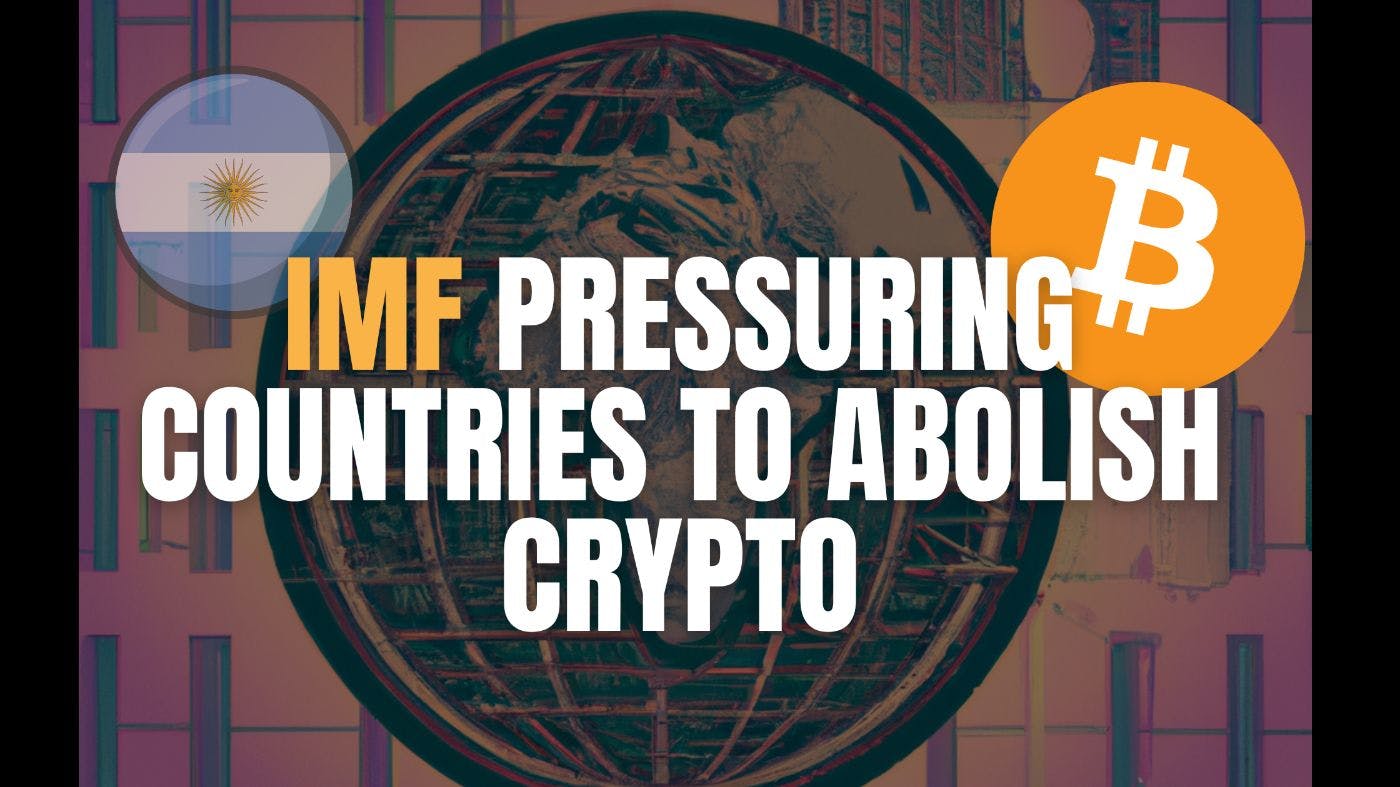144 reads
Is the IMF Pressuring Countries to Abolish Crypto?
by
December 15th, 2022
Audio Presented by

Mentor, Entrepreneur, Business Strategist, and Keynote Speaker in Blockchain & Fintech
About Author
Mentor, Entrepreneur, Business Strategist, and Keynote Speaker in Blockchain & Fintech
